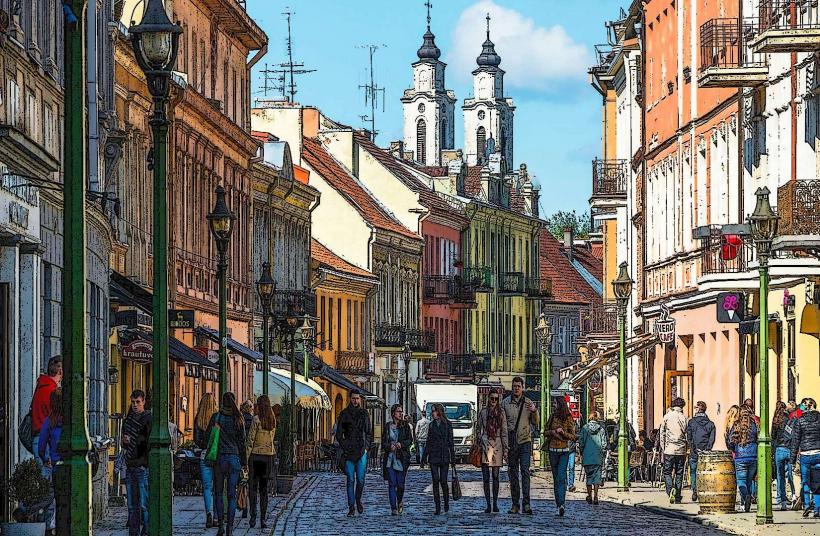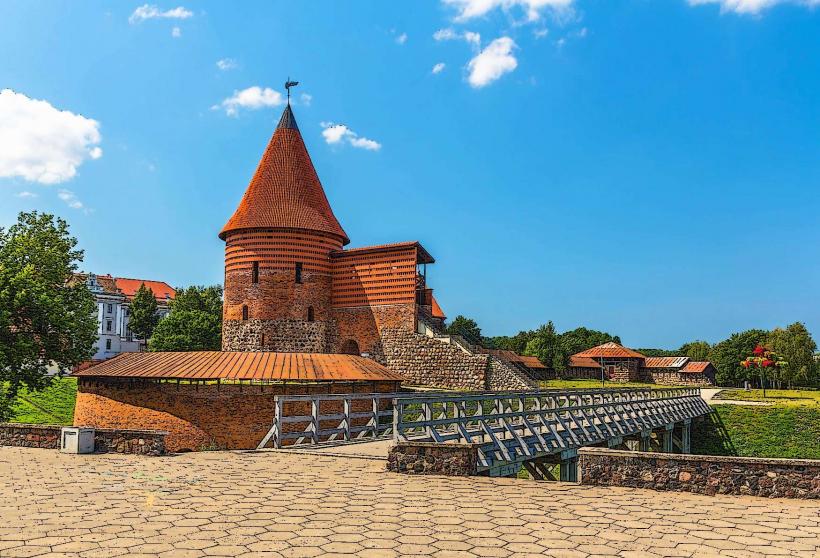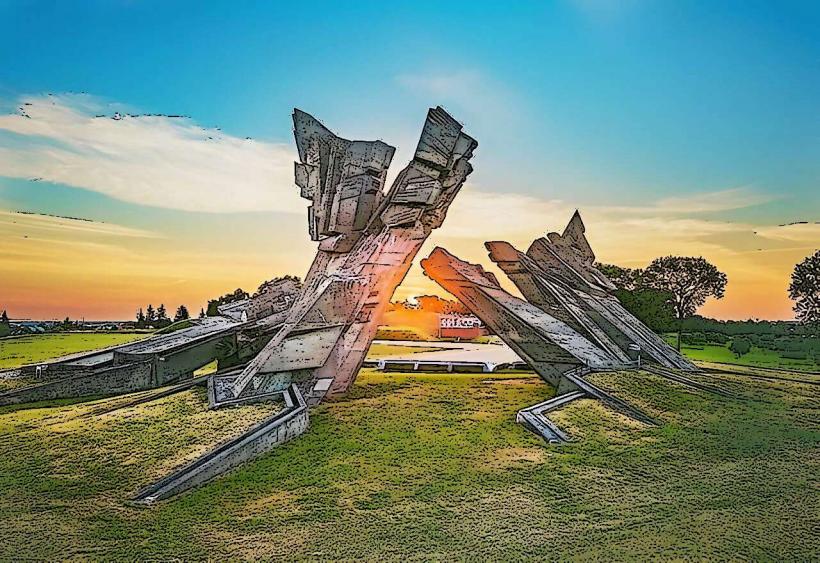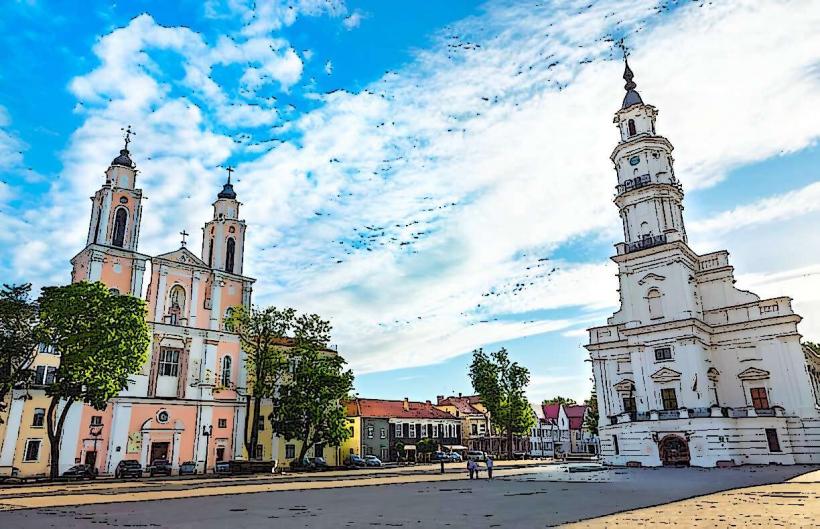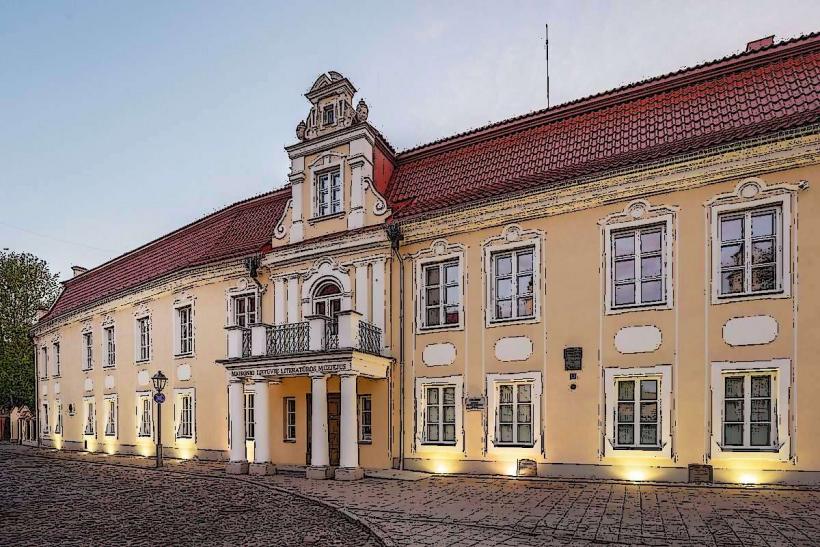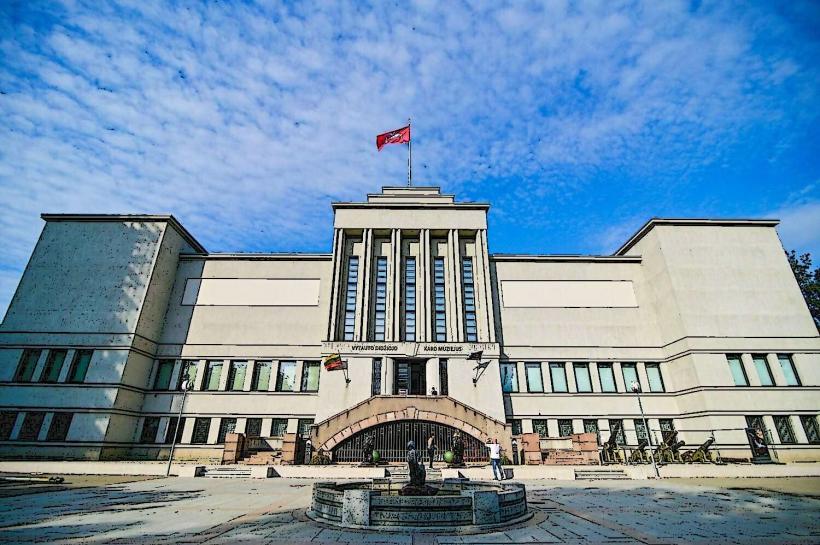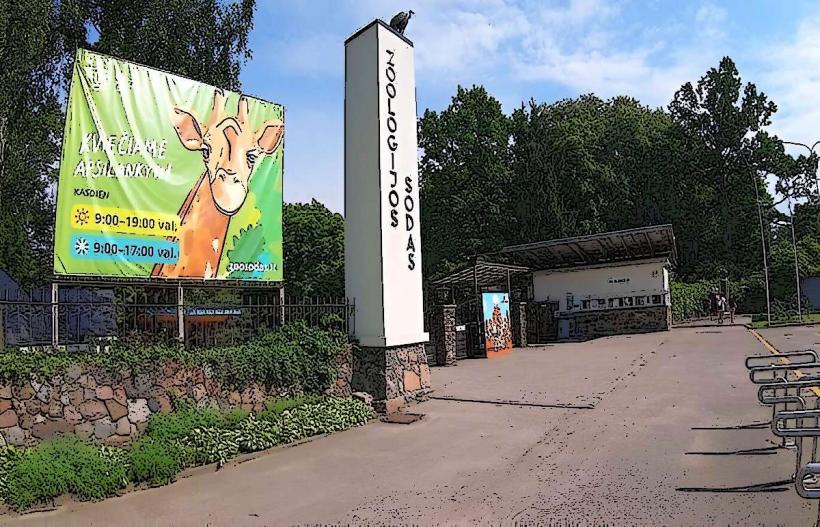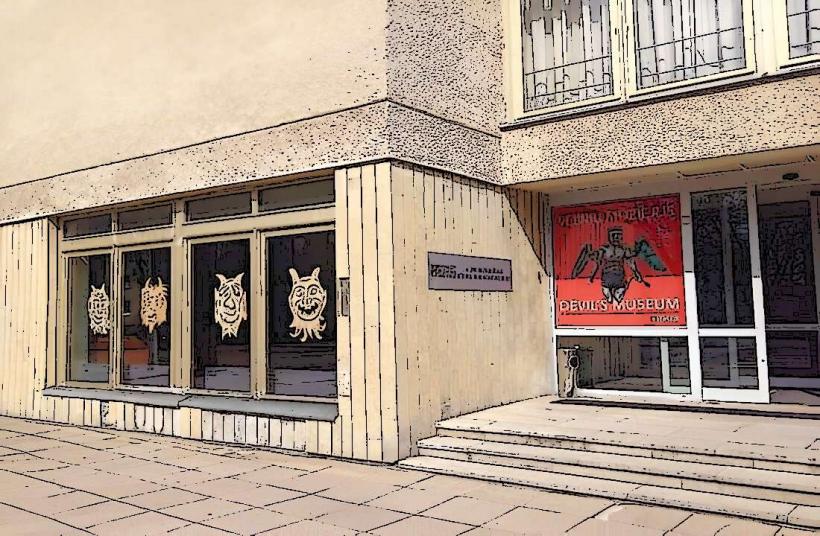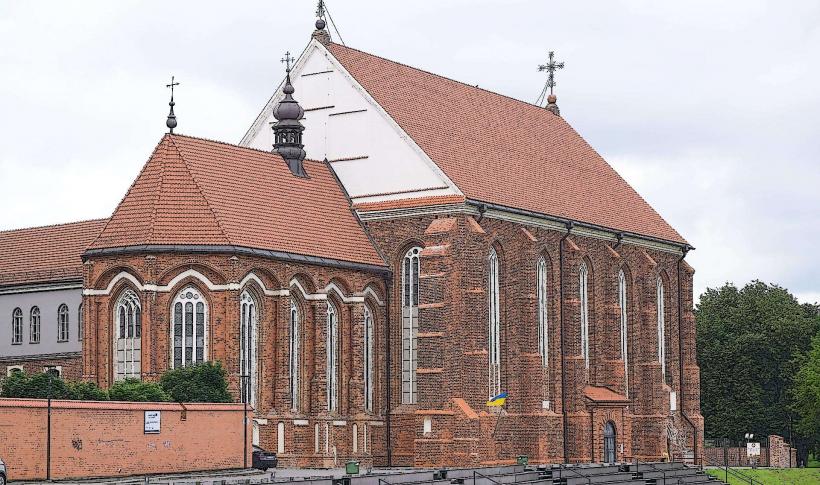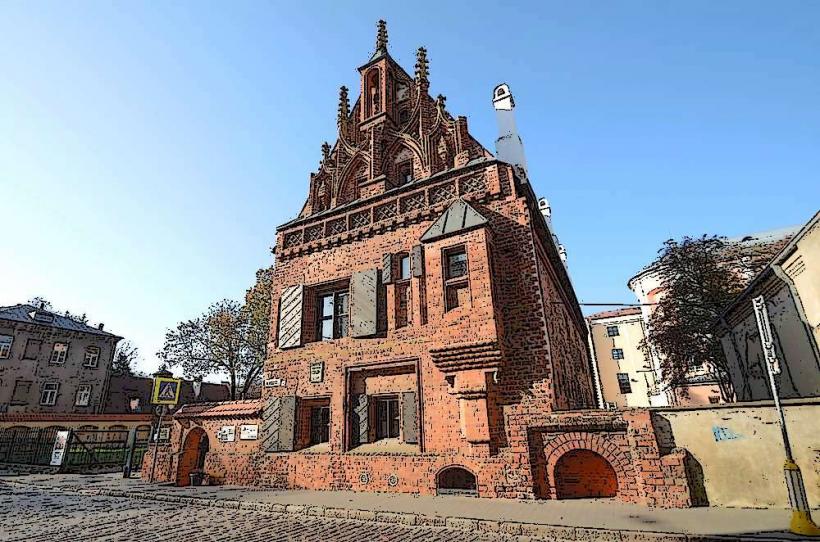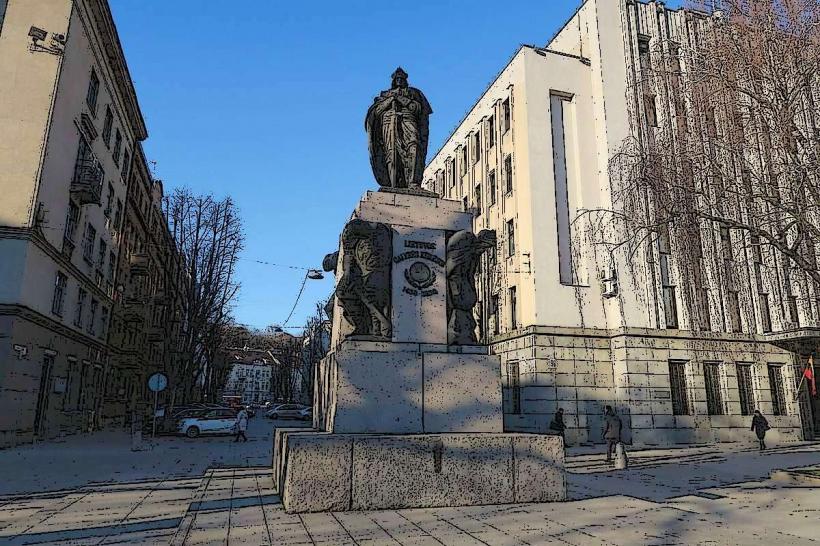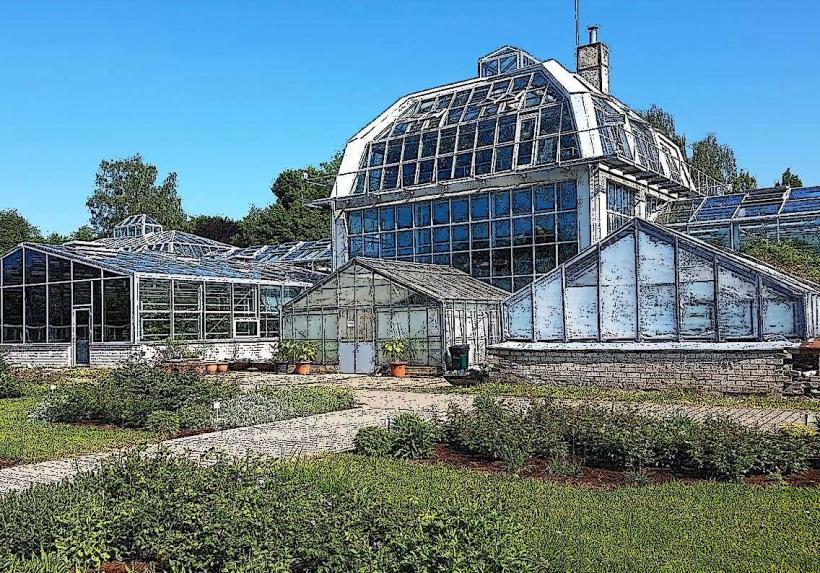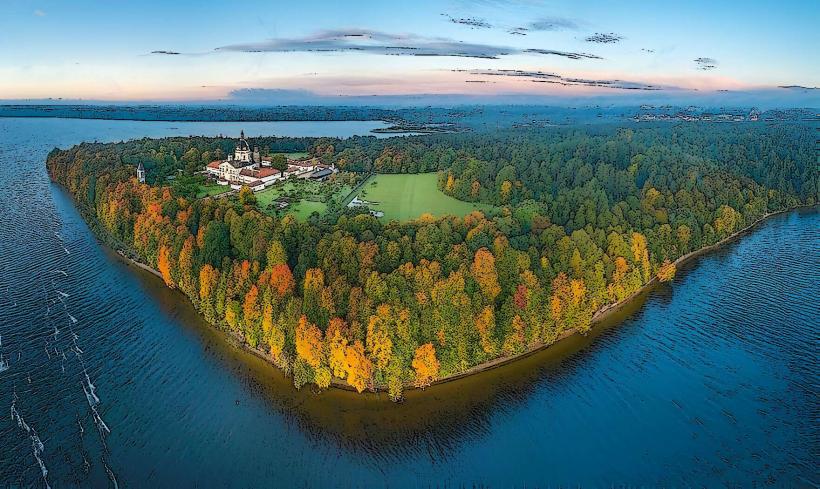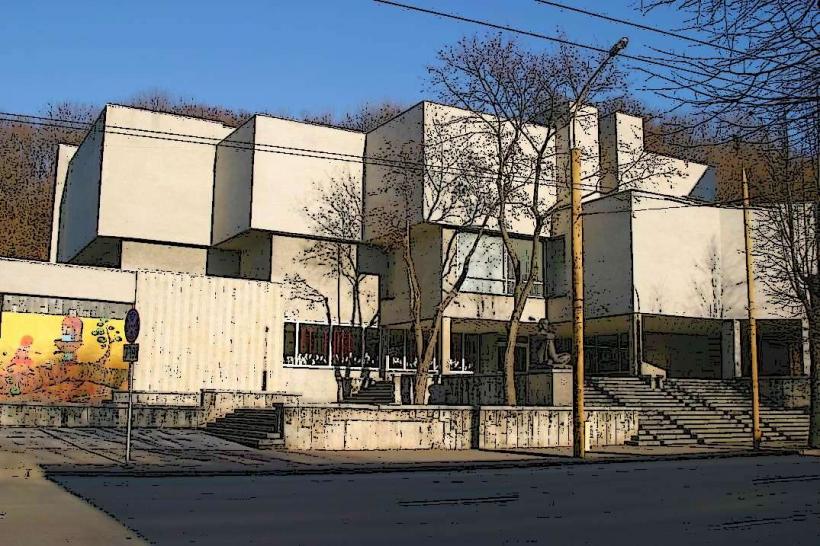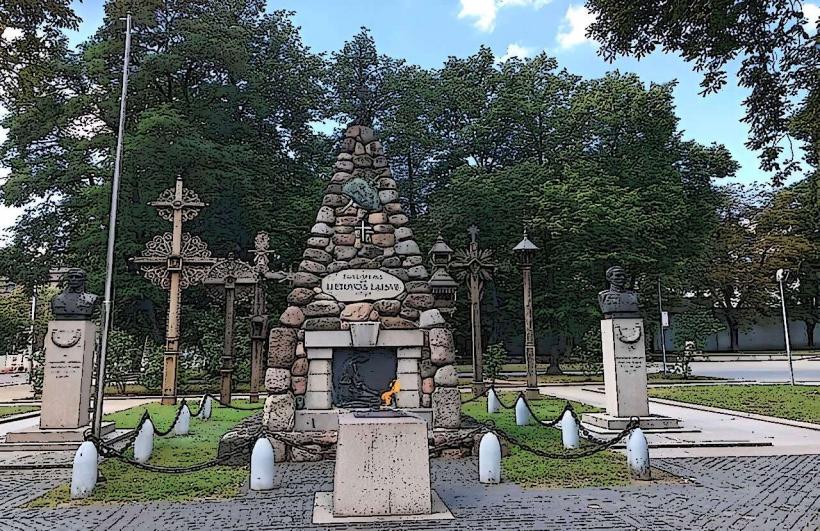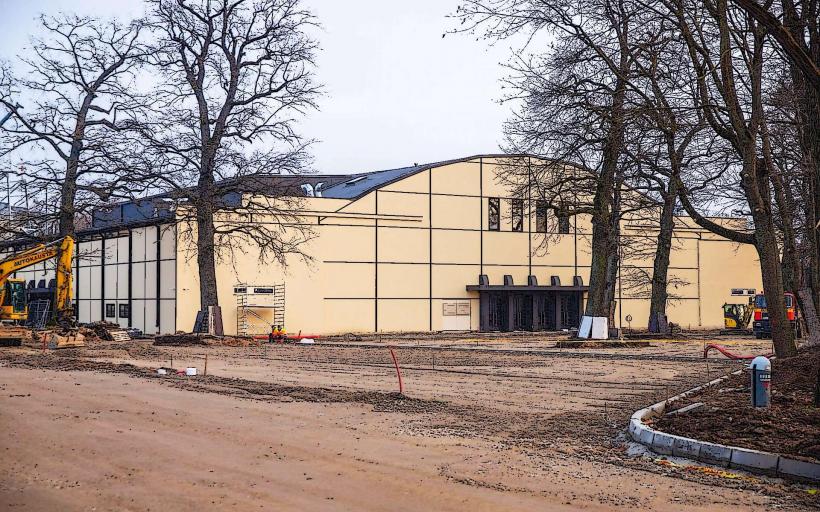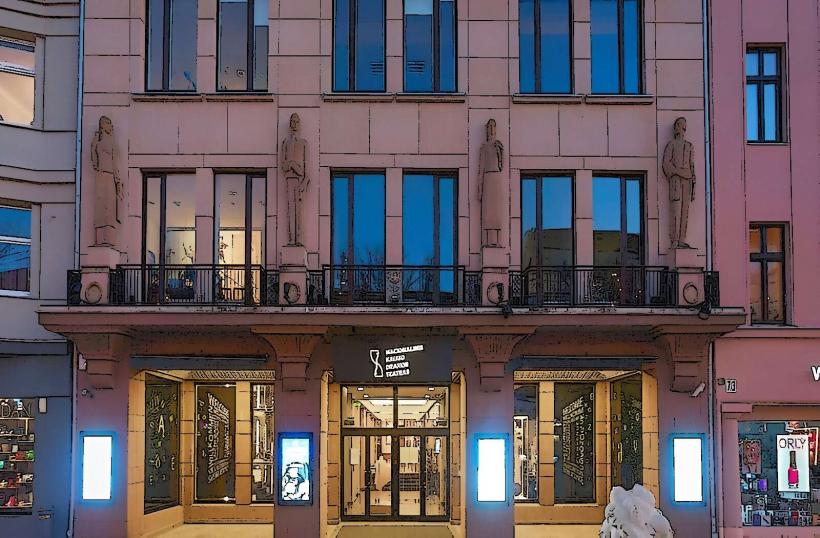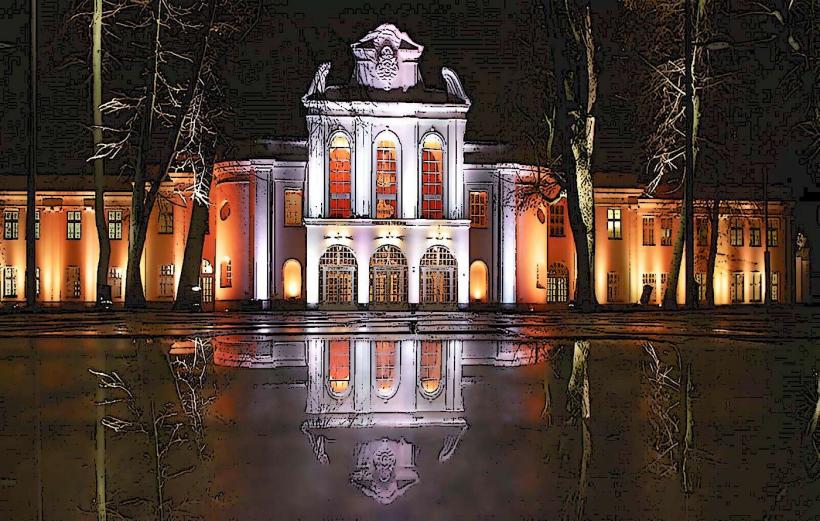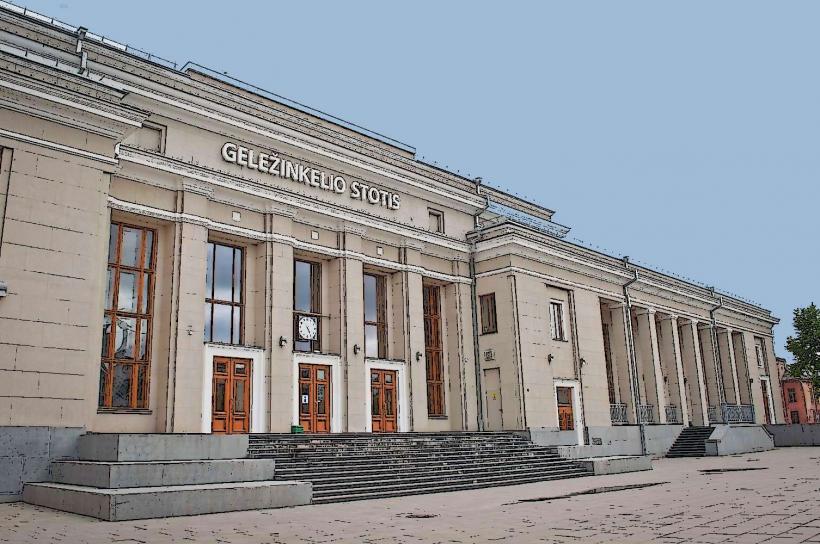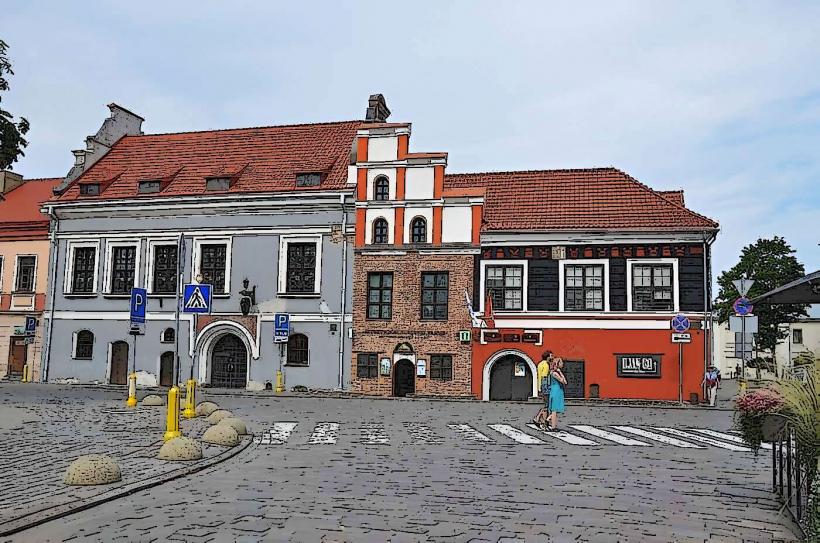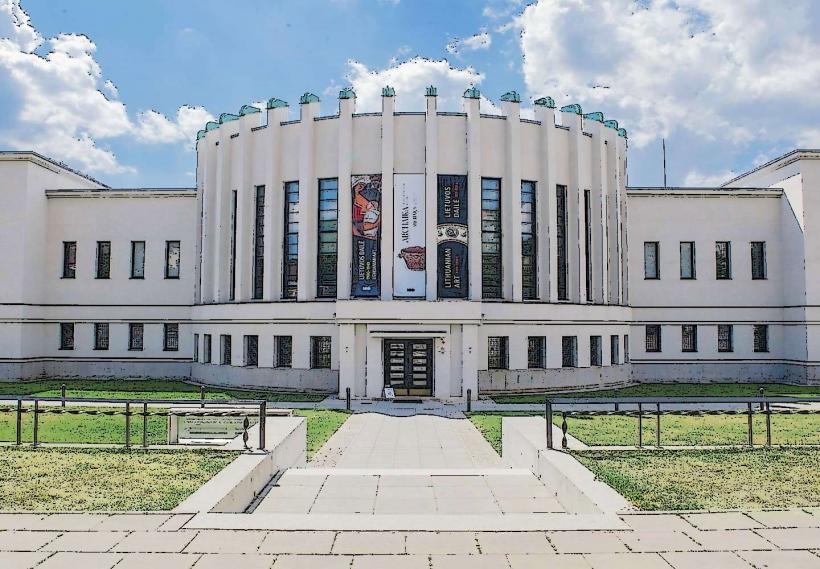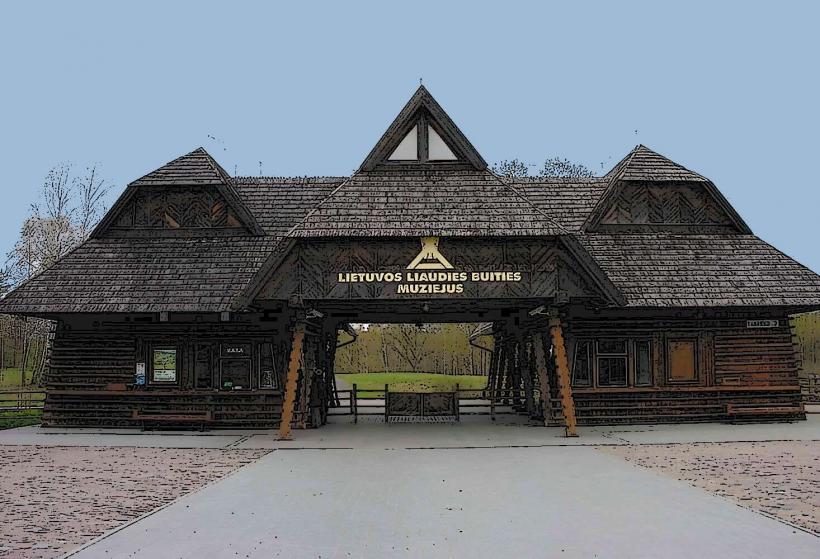Information
Landmark: Žaliakalnis FunicularCity: Kaunas
Country: Lithuania
Continent: Europe
Žaliakalnis Funicular, Kaunas, Lithuania, Europe
The Žaliakalnis Funicular (Lithuanian: Žaliakalnio funikulierius) is one of Kaunas' most famous and historic transportation systems. It is a funicular railway that connects the Žaliakalnis district with the city center, offering both a practical and scenic route for locals and tourists. The funicular is not only a vital part of Kaunas’ infrastructure but also a unique cultural landmark with historical significance.
Historical Background:
- Opening: The Žaliakalnis Funicular opened in 1931, making it one of the oldest funiculars in Lithuania. It was built to connect the lower part of the city, near the Nemunas River, to the higher part of the city, where the Žaliakalnis district lies. The funicular was designed to help people travel up the steep hill, offering a more efficient alternative to walking.
- Design and Purpose: The funicular was originally designed for practical transportation, as the steep incline of the Žaliakalnis hill made it difficult for people to ascend on foot, especially during harsh weather conditions. It also provided an easier way for people to reach Žaliakalnis Park and the surrounding areas, which were becoming increasingly popular as recreational spaces.
Technical Features:
- Route and Length: The funicular has a relatively short track length, measuring about 200 meters (656 feet). The incline is steep, with an angle of approximately 27 degrees, offering a challenging climb for traditional vehicles but making it a perfect route for a funicular railway.
- Elevation Gain: The funicular ascends the hill, providing an elevation gain of about 50 meters (164 feet). The ride takes just a few minutes, making it a quick way to travel between the city center and Žaliakalnis district.
- Vehicle: The funicular uses two cars that travel in opposite directions, with a counterbalance system that helps them move. The cars are typically small and enclosed, designed to accommodate a small group of passengers (around 20-30 people), with large windows that offer panoramic views of the city during the ascent.
Historical and Cultural Significance:
- Architectural Heritage: The Žaliakalnis Funicular is a fine example of early 20th-century engineering and Art Deco architecture. The buildings and stations at both ends of the funicular reflect the interwar period style that was popular in Kaunas, particularly when the city was the provisional capital of Lithuania.
- Historical Importance: The funicular played an important role in Kaunas during the interwar period and continued to serve the public for many decades. It was part of a broader trend of modernization in Kaunas during the early 20th century, as the city experienced rapid urban development.
- Symbol of Kaunas: Today, the funicular is a cherished historical and cultural symbol of Kaunas. It serves not only as a functional piece of infrastructure but also as a tourist attraction, giving visitors a glimpse into the city's past while offering stunning views of the surrounding area.
Modern Day:
- Restoration: The funicular underwent extensive renovations in recent years to preserve its historical significance and improve safety. These renovations have helped maintain the funicular’s role as an important transport link in Kaunas, while also preserving its vintage charm.
- Tourist Attraction: The Žaliakalnis Funicular has become a popular tourist attraction due to its historical value, unique design, and stunning views of Kaunas. The ride is a great way to explore the city from above, offering vistas of the old town, Kaunas Reservoir, and surrounding landscapes.
- Operational Status: As of today, the funicular remains operational, running regularly and providing an easy and quick way for people to travel between Žaliakalnis and the city center. It is also a popular choice for tourists who want to experience Kaunas from a unique vantage point.
Nearby Attractions:
- Žaliakalnis District: Once you arrive at the top of the funicular, the Žaliakalnis district offers a variety of attractions, including Žaliakalnis Park and views of the Kaunas skyline. The area is known for its residential buildings, many of which date back to the early 20th century, reflecting the city's interwar architectural style.
- Pazaislis Monastery: Although slightly further away, the Pazaislis Monastery and its beautiful surroundings are easily accessible from the Žaliakalnis area, and the funicular ride can serve as a great starting point for exploring this architectural and religious landmark.
Visitor Experience:
- Scenic Views: One of the main attractions of riding the Žaliakalnis Funicular is the view. As it ascends, passengers can enjoy stunning views of the Nemunas River, the old town, and the surrounding greenery. The ride itself is relatively short but offers a unique opportunity to take in the landscape from above.
- Family-Friendly: The funicular is a family-friendly experience, as it offers a short and fun ride that can be enjoyed by both children and adults. The ease of access and historical significance also make it an educational experience for visitors of all ages.
- Accessibility: The funicular is accessible to most visitors, with some level of support for people with mobility issues, though it’s recommended to check specific accessibility options before visiting.
Conclusion:
The Žaliakalnis Funicular is a fascinating piece of Kaunas' history, combining engineering, artistic design, and cultural significance. While serving as a functional mode of transportation, it also offers a unique glimpse into the city’s past and provides stunning views of Kaunas' landscape. Whether you’re interested in history, architecture, or simply enjoying the ride, the Žaliakalnis Funicular is a must-visit attraction for anyone exploring the city.

